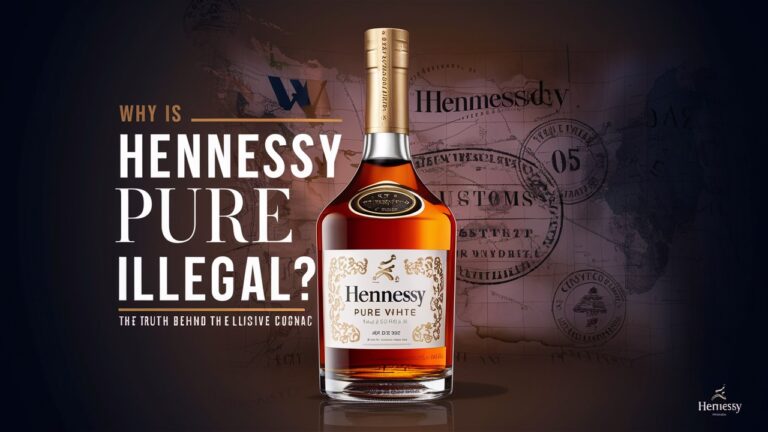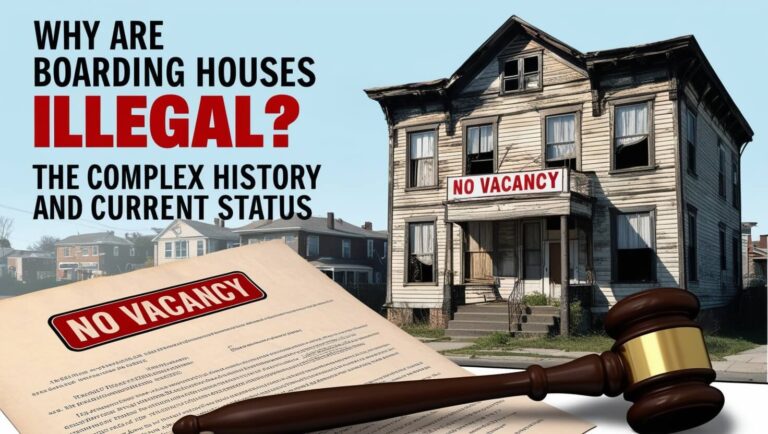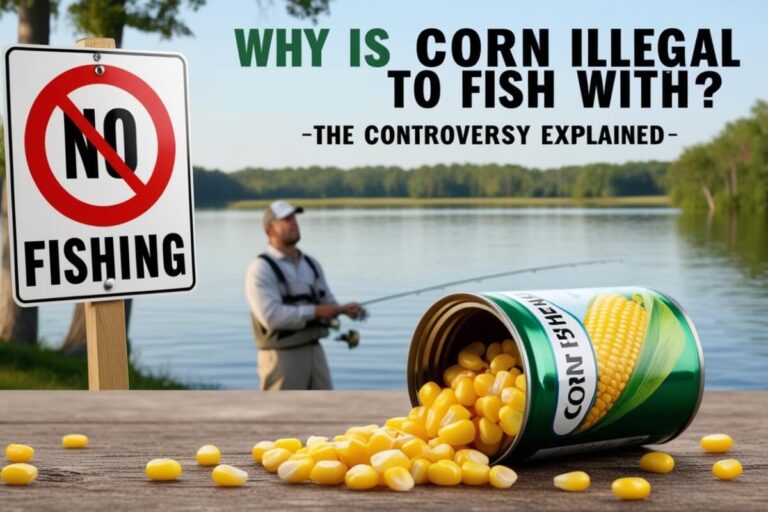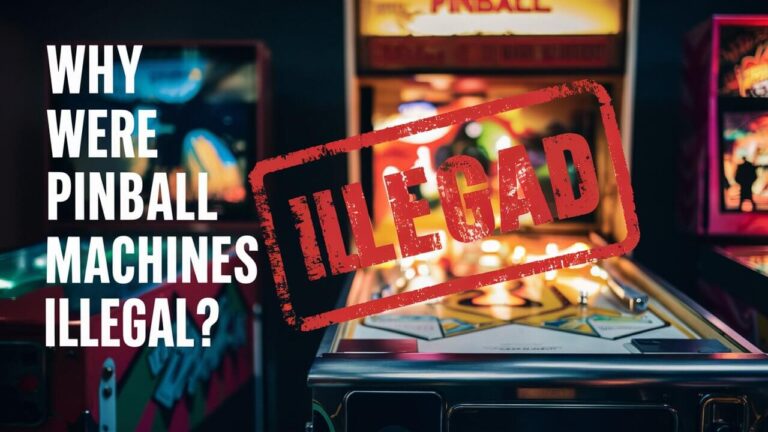Why Are Cuban Cigars Illegal in the United States?
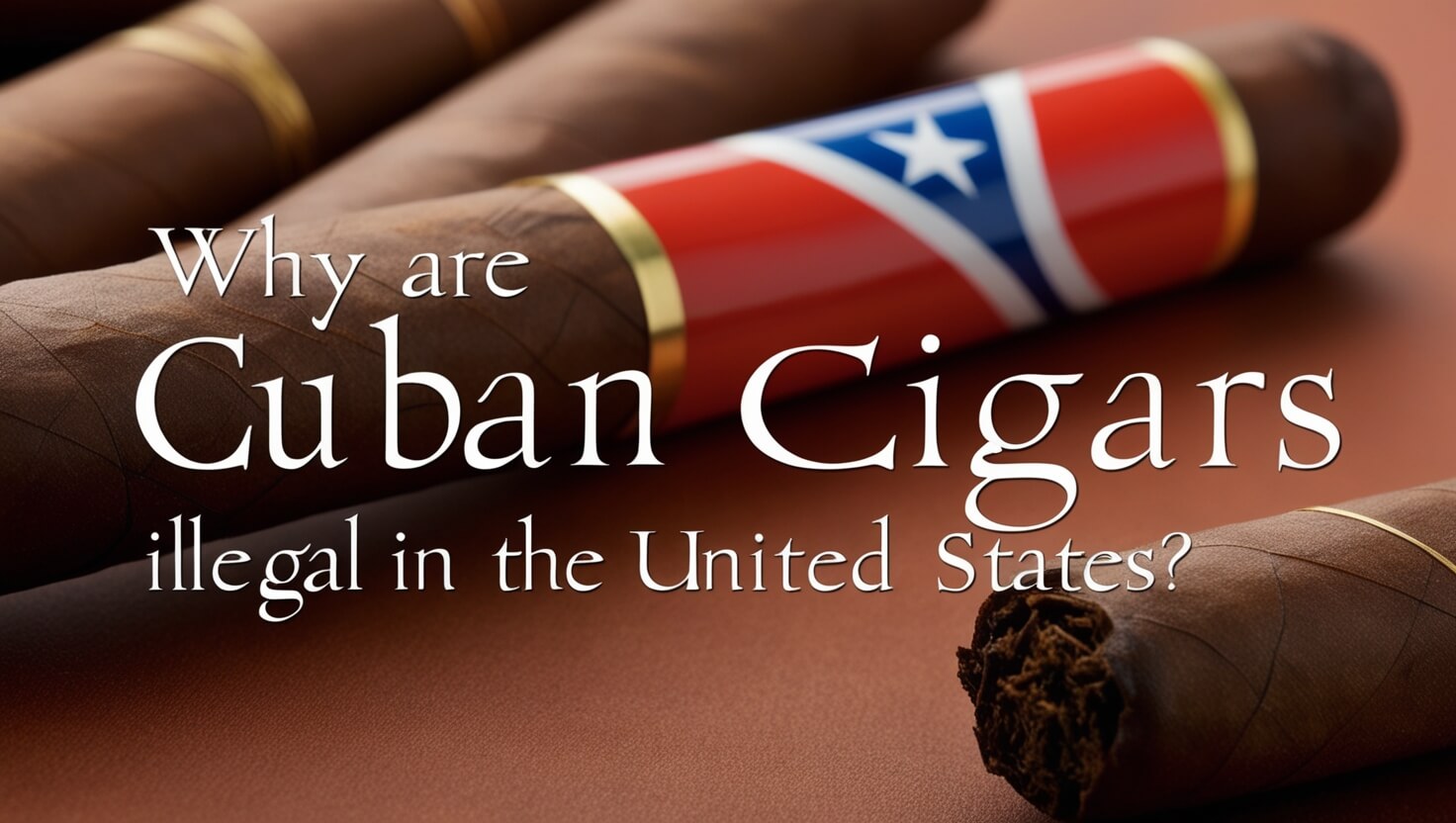
Cuban cigars have long been considered the pinnacle of luxury tobacco products, renowned for their quality and flavor. Yet, for Americans, these prized cigars remain tantalizingly out of reach due to a longstanding ban. So, why are Cuban cigars illegal in the United States? The short answer is that they’re banned due to a trade embargo imposed on Cuba by the U.S. government in 1962. This embargo, which prohibits the import of Cuban products including cigars, has its roots in Cold War politics and continues to shape U.S.-Cuba relations today.
In this comprehensive guide, we’ll delve into the fascinating history behind the Cuban cigar ban, explore what makes these cigars so special, and examine the ongoing debate surrounding this prohibition. Whether you’re a cigar aficionado or simply curious about this unique aspect of U.S. policy, you’ll find answers to all your questions about why Cuban cigars remain illegal in America.
The History Behind the Cuban Cigar Ban
To understand why Cuban cigars are illegal, we need to travel back in time to the early 1960s. The story of the Cuban cigar ban is intertwined with the broader history of U.S.-Cuba relations and the global politics of the Cold War era.
The Cuban Revolution and Its Aftermath
The seeds of the Cuban cigar ban were planted in 1959 when Fidel Castro led a successful revolution against the U.S.-backed Cuban government. Castro’s new regime quickly aligned itself with the Soviet Union, causing alarm in Washington D.C. As tensions rose, the U.S. government began to consider ways to pressure the Castro regime.
The Cold War’s Impact on US-Cuba Relations
As the Cold War intensified, Cuba became a flashpoint in the global struggle between the United States and the Soviet Union. The U.S. viewed Castro’s Cuba as a potential threat, fearing the spread of communism in the Western Hemisphere. This fear led to increasingly hostile relations between the two nations.
President Kennedy’s Trade Embargo
The final blow to legal Cuban cigars in the U.S. came on February 7, 1962, when President John F. Kennedy signed Presidential Proclamation 3447. This proclamation established a comprehensive trade embargo against Cuba, prohibiting the importation of all Cuban products, including the nation’s famous cigars.
Interestingly, before signing the embargo, Kennedy reportedly asked his press secretary, Pierre Salinger, to secure 1,200 Cuban cigars for his personal use. This anecdote highlights the popularity and prestige of Cuban cigars, even as they were about to become forbidden fruit for American consumers.
Understanding the Cuban Cigar Ban
Now that we know the historical context, let’s break down what the Cuban cigar ban actually entails and what it means for cigar enthusiasts in the United States.
What Exactly Is Prohibited?
The Cuban cigar ban is part of a broader embargo that prohibits the import of any Cuban products into the United States. This means that it’s illegal to:
- Import Cuban cigars directly from Cuba
- Purchase Cuban cigars in other countries and bring them back to the U.S.
- Buy or sell Cuban cigars within the U.S.
- Receive Cuban cigars as a gift from someone outside the U.S.
It’s important to note that the ban applies to all Cuban tobacco products, not just cigars. This includes Cuban cigarettes and loose tobacco as well.
Legal Consequences of Importing Cuban Cigars
The penalties for violating the Cuban cigar ban can be quite severe. While individual consumers are rarely prosecuted, the potential consequences include:
- Fines of up to $250,000 for individuals
- Up to 10 years in prison
- Seizure of the illegal cigars
These harsh penalties are primarily aimed at deterring large-scale smuggling operations rather than punishing individual travelers. However, it’s crucial to understand that bringing Cuban cigars into the U.S. is still illegal and can result in their confiscation at customs.
Exceptions to the Rule
While the Cuban cigar ban remains in place, there have been some fluctuations in policy over the years. For example, during the Obama administration, restrictions were temporarily eased, allowing travelers to bring back limited quantities of Cuban cigars for personal use. However, these changes were later reversed under the Trump administration.
As of 2024, the ban remains in full effect, with no exceptions for personal use or small quantities. However, it’s worth noting that U.S. citizens are allowed to purchase and enjoy Cuban cigars while in Cuba or in other countries where they’re legal, as long as they don’t bring them back to the United States.
The Allure of Cuban Cigars
Given the risks and restrictions associated with Cuban cigars, you might wonder why they’re so coveted in the first place. Let’s explore what makes these cigars special and why they’ve achieved such legendary status among tobacco enthusiasts.
What Makes Cuban Cigars Special?
Cuban cigars are renowned for their exceptional quality, which is attributed to several factors:
- Ideal Growing Conditions: Cuba’s climate and soil are perfectly suited for growing tobacco. The island’s unique combination of humidity, rainfall, and soil composition contributes to the distinctive flavor of Cuban tobacco.
- Traditional Craftsmanship: Cuban cigars are typically handmade by skilled artisans using techniques passed down through generations. This attention to detail results in cigars with excellent construction and burn characteristics.
- Unique Tobacco Varieties: Cuba is home to several tobacco varieties that are not grown elsewhere, contributing to the unique flavor profile of Cuban cigars.
- Strict Quality Control: The Cuban government maintains strict oversight of cigar production, ensuring consistency and quality across different brands and batches.
The Reputation of Cuban Tobacco
Cuban tobacco has been prized for centuries, dating back to the indigenous Taíno people who introduced tobacco to European explorers. Over time, Cuban cigars became synonymous with luxury and quality, enjoyed by everyone from common folk to world leaders and celebrities.
This reputation has been carefully cultivated and maintained over the years, with Cuban cigar makers emphasizing traditional methods and resisting the temptation to cut corners or compromise on quality.
Cultural Significance of Cuban Cigars
Beyond their physical qualities, Cuban cigars hold a special place in Cuban culture and identity. Cigar-making is considered an art form in Cuba, with skilled rollers (known as torcedores) enjoying high social status.
The cigar industry has also played a significant role in Cuba’s economy and international reputation. Even with the U.S. embargo in place, Cuban cigars remain a major export and a source of national pride for many Cubans.
The Economic Impact of the Cuban Cigar Ban
The prohibition on Cuban cigars has had far-reaching economic consequences, affecting not just Cuba and the United States, but the global cigar market as a whole.
Effects on Cuba’s Economy
The cigar ban, as part of the broader trade embargo, has undoubtedly had a significant impact on Cuba’s economy:
- Loss of the U.S. Market: Prior to the embargo, the United States was a major market for Cuban cigars. The ban cut off this lucrative revenue stream, forcing Cuba to rely more heavily on other international markets.
- Reduced Foreign Investment: The embargo has made it difficult for Cuba to attract foreign investment in its tobacco industry, potentially slowing modernization and growth.
- Adaptation and Resilience: Despite these challenges, Cuba has managed to maintain its cigar industry, focusing on exports to other countries and capitalizing on the mystique created by the U.S. ban.
Impact on the US Cigar Market
The absence of Cuban cigars in the U.S. market has also had notable effects:
- Rise of Alternatives: The ban created opportunities for cigar makers in other countries, particularly the Dominican Republic and Nicaragua, to fill the gap in the U.S. market.
- Black Market Activity: The prohibition has led to a black market for Cuban cigars in the U.S., with smuggled or counterfeit cigars often sold at premium prices.
- Shift in Consumer Preferences: American cigar enthusiasts have developed tastes for non-Cuban cigars, leading to a diverse and competitive U.S. cigar market.
Global Trade Implications
On a global scale, the Cuban cigar ban has influenced the entire tobacco industry:
- Redistribution of Trade: With the U.S. market closed, Cuba has focused on exporting cigars to Europe, Asia, and other regions.
- Competition and Innovation: Other cigar-producing countries have had to innovate and improve their products to compete with the legendary status of Cuban cigars.
- Price Dynamics: The scarcity of Cuban cigars in the U.S. has influenced global prices, with Cuban cigars often commanding premium prices in markets where they’re legal.
Attempts to Lift the Cuban Cigar Ban
Over the years, there have been various efforts to normalize relations between the U.S. and Cuba, including attempts to lift or modify the cigar ban. Let’s look at some of the most significant developments in recent years.
Changes During the Obama Administration
During his presidency, Barack Obama took several steps to ease tensions with Cuba:
- In 2014, Obama announced a historic thaw in U.S.-Cuba relations, including plans to restore diplomatic ties.
- In 2015, restrictions on Cuban cigars were partially lifted, allowing travelers to bring back limited quantities for personal use.
- These changes were part of a broader strategy to engage with Cuba through increased trade and travel.
Reversals Under the Trump Administration
The progress made during the Obama years was largely reversed under President Donald Trump:
- In 2017, Trump announced a rollback of Obama’s Cuba policies, citing human rights concerns.
- The relaxed rules on Cuban cigars were rescinded, once again making it illegal to bring any quantity into the U.S.
- These changes reflected a return to a more hardline stance on Cuba.
Current Status and Future Prospects
As of 2024, the Cuban cigar ban remains in full effect. However, the situation could change depending on future administrations and shifts in U.S.-Cuba relations:
- There’s ongoing debate about the effectiveness of the embargo in achieving its political goals.
- Some argue that normalizing trade relations, including lifting the cigar ban, could be more effective in promoting change in Cuba.
- The future of the ban may depend on factors such as changes in Cuban leadership, developments in human rights, and shifts in U.S. foreign policy priorities.
Legal Alternatives to Cuban Cigars
For U.S. cigar enthusiasts unable to access Cuban cigars, there are several high-quality alternatives available. Many of these come from countries with similar growing conditions and cigar-making traditions to Cuba.
Dominican and Nicaraguan Cigars
Two countries that have particularly benefited from the Cuban cigar ban are the Dominican Republic and Nicaragua:
- Dominican Cigars: Known for their mild to medium-bodied flavors, Dominican cigars often use tobacco grown from Cuban seed. Brands like Arturo Fuente and Davidoff have gained worldwide recognition.
- Nicaraguan Cigars: These tend to be fuller-bodied and more intense than their Dominican counterparts. Brands like Padrón and My Father have earned high ratings from cigar aficionados.
“Parallel Brands” and Their Origins
An interesting phenomenon in the cigar world is the existence of “parallel brands” – cigar lines that share names with famous Cuban brands but are produced outside of Cuba:
- After the Cuban Revolution, many cigar makers fled Cuba and established new operations in other countries.
- These expatriates often continued to use their brand names, leading to situations where the same brand name exists for both Cuban and non-Cuban cigars.
- Examples include non-Cuban versions of Cohiba, Montecristo, and Romeo y Julieta.
How Do They Compare to Cuban Cigars?
While purists may insist that nothing can truly replicate a Cuban cigar, many experts agree that top-tier cigars from other countries can rival or even surpass their Cuban counterparts in quality:
- Consistency: Non-Cuban cigars often benefit from more modern production methods, resulting in more consistent quality.
- Variety: The absence of Cuban cigars in the U.S. has spurred innovation, leading to a wide variety of flavor profiles and blends.
- Value: Due to the embargo, non-Cuban premium cigars are often more readily available and potentially better value for money in the U.S. market.
The Debate Around the Cuban Cigar Ban
The prohibition on Cuban cigars remains a contentious issue, with valid arguments on both sides of the debate. Let’s examine some of the key points in this ongoing discussion.
Arguments for Maintaining the Ban
Those in favor of keeping the Cuban cigar ban in place often cite the following reasons:
- Political Pressure: The embargo, including the cigar ban, is seen as a tool to pressure the Cuban government to improve its human rights record and move towards democracy.
- National Security: Some argue that normalizing trade with Cuba could pose security risks, given the country’s historical alignments.
- Supporting Domestic Industry: The ban has allowed U.S.-based cigar manufacturers to flourish, and lifting it could negatively impact these businesses.
Arguments for Lifting the Ban
On the other hand, proponents of lifting the ban offer these counterarguments:
- Ineffectiveness: After decades in place, the embargo has failed to bring about the desired political changes in Cuba.
- Economic Opportunities: Opening trade could benefit both U.S. businesses and Cuban citizens.
- Cultural Exchange: Allowing the import of Cuban cigars could foster better understanding between the two nations.
- Personal Freedom: Some argue that the government shouldn’t dictate what products adult consumers can purchase.
Public Opinion on Cuban Cigars
Public sentiment regarding the Cuban cigar ban has shifted over time:
- Younger generations, with no direct memory of the Cold War, tend to be more supportive of normalizing relations with Cuba.
- Cigar enthusiasts often express frustration with the ban, viewing it as an outdated policy that unfairly restricts their choices.
- However, some Cuban-American communities remain supportive of the embargo, seeing it as a stance against the Castro regime.
Cuban Cigars in Popular Culture
Despite (or perhaps because of) their prohibited status, Cuban cigars have maintained a prominent place in popular culture, often symbolizing luxury, rebellion, or intrigue.
Cigars in Films and Literature
Cuban cigars frequently appear in movies and books, often as a shorthand for wealth, power, or sophistication:
- In films like “Scarface” and “The Godfather,” Cuban cigars are used to underscore the characters’ status and wealth.
- Literary works such as Ernest Hemingway’s “The Old Man and the Sea” feature Cuban cigars, reflecting the author’s love for Cuba and its culture.
Celebrity Associations with Cuban Cigars
Many celebrities have been known for their fondness for Cuban cigars, further enhancing their mystique:
- Winston Churchill was famously inseparable from his Cuban cigars, particularly Romeo y Julieta.
- More recently, figures like Jack Nicholson and Arnold Schwarzenegger have been associated with Cuban cigars, often flouting the ban.
The Mystique of the Forbidden Fruit
The very fact that Cuban cigars are prohibited in the U.S. has contributed to their allure:
- The ban has created a sense of exclusivity and rebellion around Cuban cigars.
- Stories of travelers smuggling Cuban cigars into the U.S. have become a cultural trope, adding to their mystique.
- This forbidden status has arguably enhanced the perceived value and desirability of Cuban cigars, even in markets where they’re legally available.
The Future of Cuban Cigars in the US
As we look ahead, the question remains: will Cuban cigars ever be legal in the United States? While it’s impossible to predict with certainty, we can explore some potential scenarios and their implications.
Potential Policy Changes
Several factors could influence future policy regarding Cuban cigars:
- Changes in U.S. administrations could bring shifts in Cuba policy.
- Improvements in U.S.-Cuba relations could lead to a gradual easing of trade restrictions.
- International pressure or changes in global politics could influence U.S. policy towards Cuba.
How Legalization Might Impact the Market
If Cuban cigars were to become legal in the U.S., it would likely have significant effects on the cigar market:
- Initial Surge: There would likely be a spike in demand as curious consumers and long-time enthusiasts rush to try the formerly forbidden product.
- Price Fluctuations: Prices might initially be high due to demand, but could stabilize as supply increases.
- Competition: Cuban brands would have to compete with well-established non-Cuban premium cigars in the U.S. market.
- Quality Concerns: There are questions about whether Cuba could maintain quality while dramatically increasing production to meet U.S. demand.
What Cigar Enthusiasts Can Expect
For cigar lovers in the U.S., the potential legalization of Cuban cigars would bring both opportunities and challenges:
- Greater Variety: Access to Cuban cigars would expand the range of choices available to U.S. consumers.
- Authentication Issues: With legal Cuban cigars entering the market, consumers would need to be vigilant about counterfeits.
- Changing Perceptions: The mystique of Cuban cigars might diminish as they become more commonplace.
Frequently Asked Questions About Cuban Cigars
To wrap up our exploration of why Cuban cigars are illegal, let’s address some common questions that often arise in discussions about this topic.
Are Cuban Cigars Really the Best?
This is a subjective question, but here are some points to consider:
- Cuban cigars are often praised for their unique flavor profile and high quality.
- However, many experts argue that top-tier cigars from other countries can match or exceed the quality of Cuban cigars.
- Personal preference plays a significant role in determining the “best” cigar for any individual.
Can I Bring Cuban Cigars from Other Countries?
The short answer is no. Even if you purchase Cuban cigars legally in another country, it remains illegal to bring them into the United States:
- The ban applies regardless of where the cigars were purchased.
- This includes cigars bought in Cuba itself, even if you visit the country legally.
- Attempting to bring Cuban cigars into the U.S. can result in confiscation and potential legal consequences.
What Happens If I’m Caught with Cuban Cigars?
If you’re caught bringing Cuban cigars into the United States, here’s what you can expect:
- Confiscation: Customs officials will seize the cigars.
- Fines: You may face civil penalties, which can be substantial.
- Criminal Charges: In extreme cases, particularly for large quantities or repeated offenses, criminal charges are possible.
- Leniency for Small Quantities: For small amounts clearly intended for personal use, officials may simply confiscate the cigars without further action.
How Can I Tell if a Cigar Is Truly Cuban?
Authenticating Cuban cigars can be challenging, especially given the prevalence of counterfeits. Here are some tips:
- Check the Band: Genuine Cuban cigars have high-quality, detailed bands.
- Look for the Box Code: Authentic boxes have a specific code indicating when and where the cigars were produced.
- Examine the Construction: Cuban cigars are known for their excellent construction and uniform appearance.
- Buy from Reputable Sources: If you’re outside the U.S., purchase only from authorized dealers.
Are There Health Differences Between Cuban and Non-Cuban Cigars?
From a health perspective, there’s little difference between Cuban and non-Cuban cigars:
- All cigars pose similar health risks, regardless of their origin.
- The primary health concerns relate to tobacco use in general, not the specific source of the tobacco.
- Claims about Cuban cigars being “healthier” are unfounded and should be viewed skeptically.
Wrapping UP: The Ongoing Saga of Cuban Cigars in America
As we’ve explored in this comprehensive look at why Cuban cigars are illegal in the United States, the ban is rooted in complex historical, political, and economic factors. From the Cuban Revolution and Cold War tensions to ongoing debates about international relations and trade policies, the story of Cuban cigars in America is far more than just a tale about tobacco.
The allure of Cuban cigars persists, fueled by their reputation for quality, their cultural significance, and perhaps ironically, by their very illegality in the U.S. market. While the ban has created challenges for cigar enthusiasts in America, it has also spurred innovation and competition in the global cigar industry, leading to high-quality alternatives from countries like the Dominican Republic and Nicaragua.
Looking to the future, the status of Cuban cigars in the U.S. remains uncertain. Changes in political leadership, shifts in international relations, and evolving public opinion could all play a role in determining whether these famed cigars will one day be legally available to American consumers.
For now, the Cuban cigar remains a symbol of luxury, rebellion, and international intrigue – a product whose status is inextricably linked to broader geopolitical issues. Whether you’re a cigar aficionado dreaming of legally enjoying a Cohiba in the States, or simply someone curious about this unique aspect of American policy, the story of Cuban cigars offers fascinating insights into the intersection of politics, economics, and culture.
As debates continue and policies evolve, one thing is certain: the Cuban cigar will continue to hold a special place in the imagination of smokers and non-smokers alike, representing not just a product, but a complex history of international relations and a testament to the enduring power of reputation and mystique in shaping our perceptions of quality and desirability.


